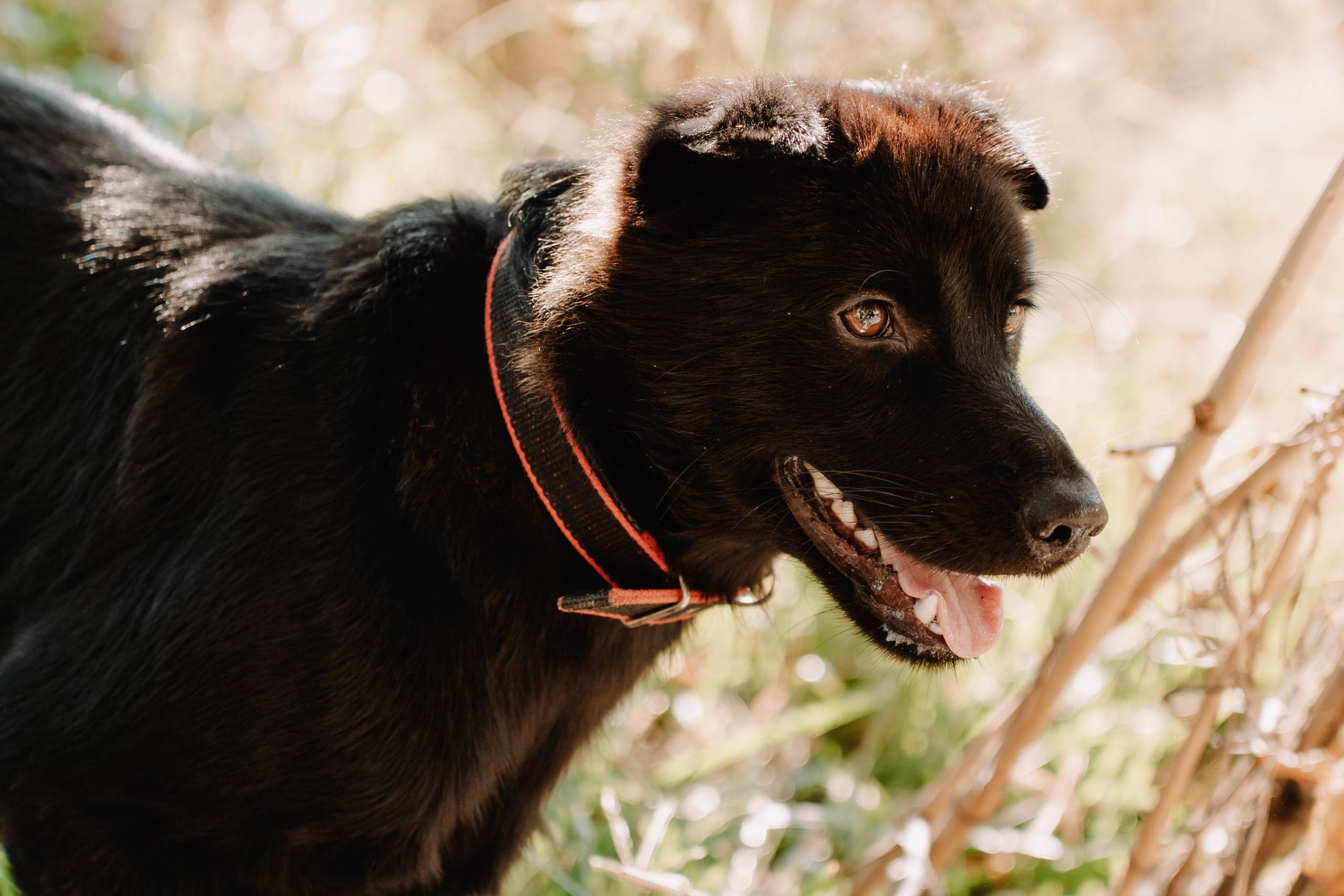As a new puppy owner, you may find yourself closely observing your furry friend. One moment they are happily playing, and the next, you notice their breathing seems unusually rapid. The sight of your puppy breathing so fast can be alarming, leaving you wondering if they are okay. Understanding puppy behavior, especially regarding health, can be a challenge for any pet parent.
Common Causes of Fast Breathing
Puppies, like all young animals, are full of energy and curiosity. Rapid breathing can occur for various reasons, many of which are normal. One of the most frequent causes is excitement. When puppies play, their hearts race, and their breathing speeds up. This response is completely natural, often observed during playtime or when they see a familiar face. If your puppy calms down after a few moments of rest, there’s usually no cause for concern.
Physical exertion is another reason for fast breathing. Puppies are notorious for their boundless energy, often engaging in vigorous play that leads to increased heart rates and faster breathing. If you’ve just taken your puppy for a walk or a romp in the yard, their fast breathing is likely just a result of their recent activity. Ensure they have plenty of water and let them rest as needed.
Environmental Factors
Temperature can also affect your puppy’s breathing. Puppies are sensitive to heat, and if they are too warm, they may breathe faster to help cool themselves down. If you notice your puppy panting heavily or breathing rapidly on a hot day, it may be a sign they need a cooler environment. Providing shade, fresh water, and a comfortable place to relax can help them recover from the heat.
Stress and anxiety can also lead to rapid breathing. Just like humans, dogs can feel overwhelmed in certain situations. If your puppy is in a new environment, around unfamiliar people or animals, or exposed to loud noises, they may become anxious, causing their breathing to quicken. Observing your puppy’s body language can provide clues to their emotional state. If they seem nervous, creating a calm and safe space for them can be beneficial.
Serious Health Concerns
Illness or pain may also explain why your puppy is breathing so fast. Conditions like pneumonia, heart disease, or injury can lead to rapid breathing as a sign of distress. If your puppy’s fast breathing is accompanied by other symptoms such as lethargy, coughing, vomiting, or a change in appetite, seeking veterinary care immediately is crucial. Early intervention can significantly impact managing any potential health issues.
Certain breeds are predisposed to respiratory issues. Breeds with flat faces, such as bulldogs and pugs, may experience difficulty breathing due to their unique anatomy. If you own one of these breeds, paying close attention to their breathing patterns is essential. Rapid breathing in these cases may require a visit to the vet for a thorough examination.
Assessing the Situation
When you notice that your puppy is breathing quickly, carefully assess the situation. Has your puppy just finished playing? Is it a hot day? Are they in an unfamiliar environment? Are there any additional signs of distress? Gathering this information can help determine whether their rapid breathing is a normal response or if it requires further attention.
In addition to monitoring your puppy’s breathing, establishing a healthy routine is important. Regular vet check-ups can ensure your puppy is growing and developing properly. During these visits, discussing any concerns about their breathing or overall health can be beneficial. Your veterinarian can provide valuable insight tailored to your puppy’s specific needs.
Creating a Comfortable Environment
Creating a safe and comfortable environment for your puppy is key to their well-being. This includes providing a quiet space for relaxation and ensuring they have access to fresh water and a balanced diet. Puppies thrive on routine; establishing a schedule for feeding, playtime, and rest can help them feel secure and reduce anxiety.
If you ever find yourself in doubt about your puppy’s breathing or overall health, don’t hesitate to reach out to your veterinarian. They are the best resource for understanding your puppy’s specific needs. It’s always better to err on the side of caution regarding your pet’s health.
Being a puppy parent comes with its challenges, but it’s also incredibly rewarding. Observing your puppy, understanding their behavior, and knowing what to look for can help you feel more confident in your role. Fast breathing can be a normal part of your puppy’s excitement, but it may also signal that something is wrong. Staying informed and attentive helps ensure your furry friend remains happy and healthy.
Your puppy relies on you for love, companionship, and care regarding their health. Taking the time to learn about their behavior, including why they may be breathing fast, strengthens the bond between you and your pet. Embracing this journey of puppy ownership can create lasting memories and a loving relationship that enriches both your lives. The next time you find yourself asking, “Why is my puppy breathing so fast?” take a moment to observe, assess, and act in the best interest of your furry companion.



